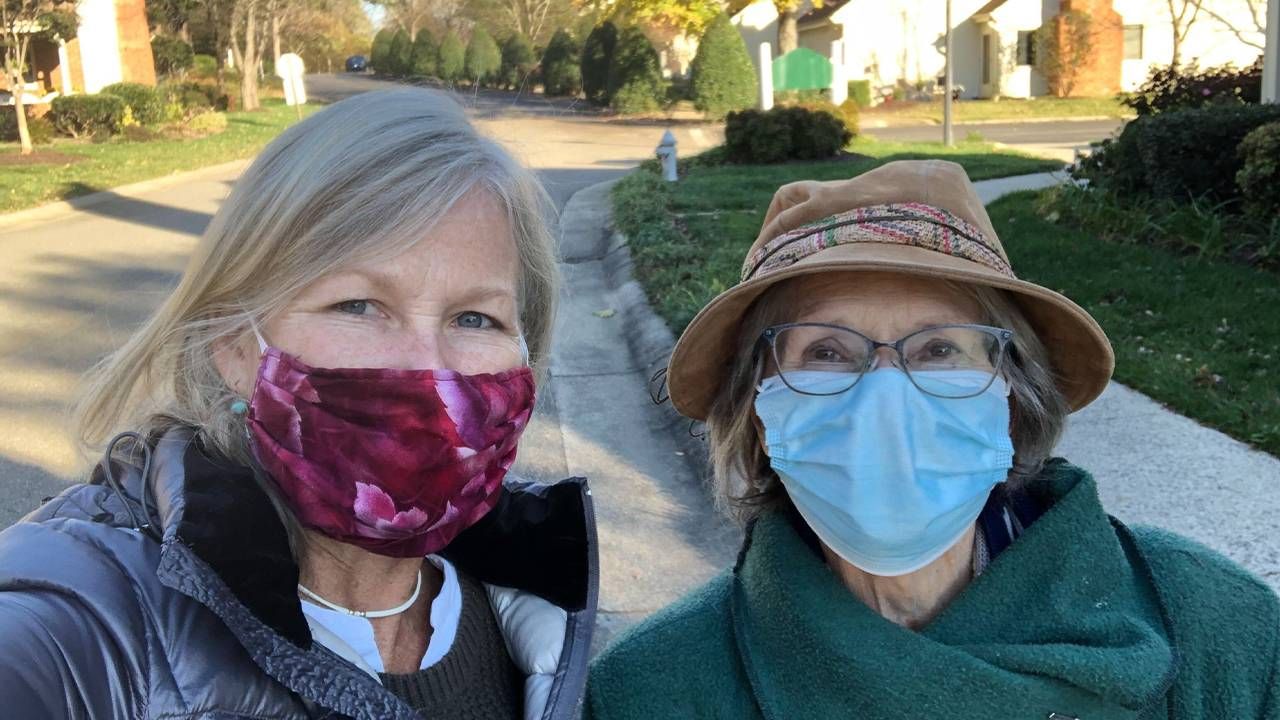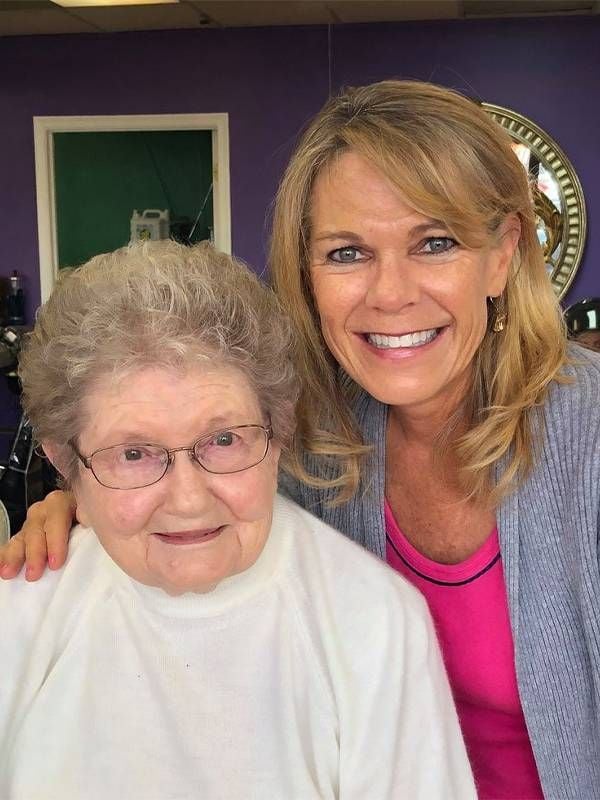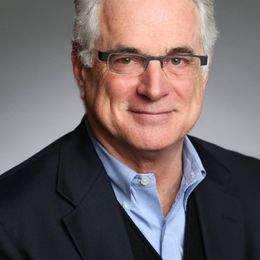Entrepreneurs Are Creating Services to Better Connect the Aging Population
Through tech, tasks or companionship, startups are addressing the problem of social isolation
Does the outline of this scenario seem familiar?
Paige Wilson, age 60, had a long career in finance with her last position as managing director at an investment bank. She and her family lived in Richmond, Va. not far from her 78-year-old mother. Her mother was vital and energetic, but she needed help with some everyday tasks, such as going to the grocery store. Wilson found herself juggling her own family and her job (which involved travel), as well as visiting her mother.
"I needed another me," she laughs.

So many people these days are struggling to take care of aging parents and relatives while also juggling work and family responsibilities. A surprising number of them have taken their caregiving experience to start a business or social enterprise that addresses the problem they faced.
Among them is Wilson (since cloning wasn't an option). In 2018, she launched Richmond-based Naborforce, a company designed to address the kind of everyday non-medical needs her aging mother dealt with.
"I knew it wasn't going to be easy," she says. "I didn't know how hard it was going to be."
"I thought of Naborforce because it solved a problem I had," she says. "When I started digging into it, I believed I had to do this."
The tech platform (think Uber and Airbnb) connects older people in the community with a network of helpers called "Nabors." The Nabors are carefully vetted, and they deal with all kinds of routine tasks, such as housework, transportation, and companionship. The job is on-demand gig work and participants average four to six hours a week. The pay is $15 an hour, plus an additional $5 for evening and weekend work. The average age of a Nabor is 56 years old and 85% are women. The job is designed for people looking to supplement their income rather needing full-time employment.
Converging Trends in Longevity Economy
Naborforce is now in eight markets on the East Coast, including Raleigh, N.C. and Bethesda, Md. with Atlanta next. Naborforce currently has 11 employees and approximately 1,000 Nabors. Wilson largely self-funded the company in its early years, but a recent financing attracted some $2.5 million. (Among her early backers was an 84-year-old who went into the office every day, she says.)
"I knew it wasn't going to be easy," she says. "I didn't know how hard it was going to be."
Wilson's entrepreneurial story is intriguing on its own. But her journey illuminates two trends in the rapidly evolving longevity economy that are feeding off and reinforcing each other.

First is the striking rise of entrepreneurs in the second half of life. Second, entrepreneurs of all ages are increasingly turning to advanced technology to not only support independent living among older people but to foster human connections and combat loneliness and social isolation. Many of these businesses and social enterprises have a mission of promoting intergenerational relations.
I'm always struck when giving talks about the economics of an aging population, at how surprised people are when I emphasize the swelling number of people in the second half of life starting their own businesses.
Popular culture still equates entrepreneurship with fleece-wearing young adults even though the ranks of those 50 years and over opening new businesses have been on the rise over the past quarter century.
Some of these businesses have intriguing growth prospects with employees on payroll and the backing of professional investors (mostly angel investors and venture capital). Many more encore entrepreneurs form a microbusiness, perhaps an artisan operation, a lifestyle business, or a sole practitioner enterprise.
New Entrepreneurs Addressing Loneliness and Isolation
Whatever the nature of the startup, older adults are embracing the startup culture. For instance, 14.8% of entrepreneurs were 55-64 years old in 1996 and by 2020 that figure had swelled to 24.5%, according to the Kauffman Foundation, an organization focused on small business creation.
Guidant Financial and the Small Business Trends Alliance in its 2021 Small Business Trends, a survey of over 2,400 current and aspiring small business owners nationwide, report that boomers account for 41% of small business owners (currently between ages 57 and 75) and Generation X for 46% (41 to 56 years old).
Hiscox, the global specialist insurance company, for its Hiscox Encore Entrepreneur Report surveyed 400 small business owners who opened their first business at age 50 and over. The survey "found that many encore entrepreneurs are starting businesses because they want to pursue a personal passion (24%)."
"After the pandemic, everyone knows the problem of loneliness and social isolation."
The other trend is entrepreneurs of all ages creating services that are designed to create better human connections to an aging generation. The reality of loneliness and social isolation among many older people was deeply troubling before the pandemic, which only heightened the risk.
"In the beginning I thought we were supporting independent living and aging in place. I knew loneliness was an issue," says Wilson. "After the pandemic, everyone knows the problem of loneliness and social isolation."
For example, Papa is a Miami-based company that, like Naborforce, uses digital tools to offer non-medical care and companionship to elders with its "Papa Pals." A much larger company than Naborforce, Papa's business puts an emphasis on offering services through Medicare Advantage plans.
Chef for Seniors, founded in 2013 by the father-son team of Barrett and Nathan Allman, provides personal chefs that prepare meals in the homes of elderly customers. Mon Ami is a San Francisco-based tech platform that pairs college students with older adults for companionship and is now working with several service organizations nationwide, and Albuquerque-based Teeniors has teens and young adults teach older adults to use technology. Joy Zhang and Madeline Dangerfield-Cha, the founders of Mon Ami, and Trisha Lopez, founder of Teeniors, were among Next Avenue's 2021 Influencers in Aging.
The late business philosopher and management consultant Peter Drucker remarked: "Entrepreneurship is neither a science nor an art. It is a practice." Like Wilson, odds are many more older Americans will tap into their experience dealing with America's oldest adults and turn to the practice of entrepreneurship to improve their quality of life.


